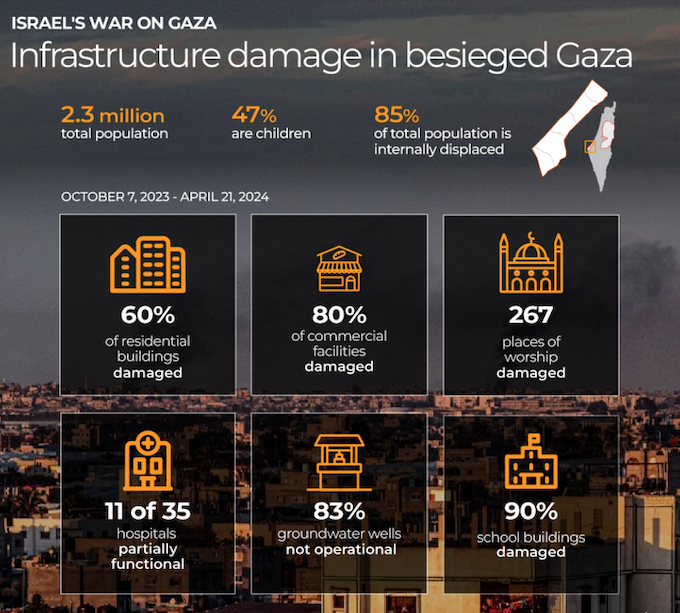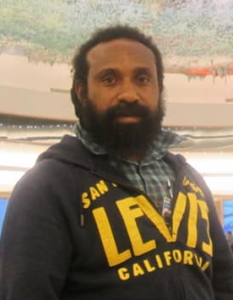A woman living with severe myalgic encephalomyelitis/chronic fatigue syndrome (ME/CFS) in Australia is desperately appealing for help to leave an abusive household.
The neglect and abuse the Australian state, healthcare system, disability, and domestic violence support services have routinely subjected her to has created a perfect storm – trapping her in this indefensible situation.
Her appalling and increasingly life-threatening circumstances underscores the systemic failure of services and support for both ME/CFS and domestic violence.
Layers of chronic illness: severe ME/CFS and long Covid
Anna – a person living with very severe myalgic encephalomyelitis/chronic fatigue syndrome (ME/CFS) living in Melbourne – is urgently seeking help to escape domestic abuse. She reached out to the Canary and hopes that telling her story will draw attention to her critical situation.
ME/CFS is a chronic systemic neuroimmune disease which impacts at least 65 million people worldwide. The devastating disease affects nearly every system in the body. It causes day-to-day flu-like symptoms, cognitive impairment, body-wide different forms of pain, as well as multiple dysfunctions impacting blood pressure, the heart, lungs, and digestive system. However, this is a non-exhaustive list.
Crucially, post-exertional-malaise (PEM) is the hallmark symptom of ME/CFS, which entails a disproportionate worsening of many of these symptoms after even minimal physical or mental activities.
Anna has lived with ME/CFS for over 20 years. Like many living with ME/CFS, Anna also deals with a number of other debilitating chronic illnesses. These include endometriosis, hypothyroidism, postural orthostatic tachycardia syndrome (POTS), and adrenal disease, among others.
And for Anna, long Covid has compounded her condition. As the Canary’s Steve Topple has previously highlighted, during the pandemic, people living with ME/CFS have been “at heightened risk”. Primarily, this is due to the post-viral nature of the disease.
Firstly, research has identified that in a significant number of cases, ME/CFS is a viral-onset disease. This means that it is generally triggered by a viral infection. Most significantly however, multiple studies have shown that in people with ME/CFS, the body’s immune system is “chronically activated”.
In effect, this means the body continues to fight a virus that is no longer present. Given this, people living with the post-viral disease have been particularly vulnerable. As Topple articulated, this is:
Not least because, if they catch the virus, their bodies might again behave like it has never left them. But also because the symptoms of coronavirus may be severely exacerbated for these people.
In other words, contracting Covid-19 may cause a relapse in ME/CFS, essentially worsening a person’s condition. This is what Anna feels happened to her after catching the coronavirus in May 2020, and then in 2022. In March 2024, family members once again exposed her to the virus. Consequently, Anna currently lives at the severe end of the disease’s scale.
Severe ME/CFS – life with a devastating disease
Approximately 25% of people living with ME/CFS fall into the severe or very severe classification for the disease. In these cases, people with severe ME/CFS are mostly, if not entirely permanently bed-bound. What’s more, people living with the severe level of the disease are sometimes unable to digest food, communicate, or process information.
As a result, this also means that the stories of people living with severe ME/CFS regularly go untold. Anna herself is bed-bound and both the PEM and brain fog – a form of cognitive impairment – impact her ability to communicate. In particular, verbal communication is challenging, since the brain fog affects her language and information processing abilities.
For this reason, Anna spoke to the Canary via X through a series of short exchanges not in real-time. Moreover, mental exertion can cause a PEM “crash” – a worsening of symptoms. There was also therefore the risk that composing messages could impact Anna’s health.
Given this, as far as possible and with Anna’s permission, the Canary tried to build a picture of Anna’s situation using her X. There, when she is able, Anna has been documenting her experience and reaching out for support. Anna also pointed the Canary to information she has published on her personal fundraiser.
However, despite the significant risks to her health, Anna bravely decided to speak out. This is because the medical establishment and state in Australia are catastrophically failing to help Anna with her worsening health and dangerous living circumstances.
Australia’s state and medical neglect trapping Anna in domestic abuse
Anna explained to the Canary that local GPs have repeatedly refused care, dismissed her chronic pain, and left her without vital medications. Alongside this, Australia’s disability welfare agency has denied her financial and service support, while setting a mountain of barriers to access it.
So, to sum up, Anna’s more immediate needs include:
- Obtaining a new disability advocate who can help her with her day-to-day liaison with different services.
- Finding a new GP familiar with and supportive of patients living with severe ME and other chronic health conditions.
- Access to Australia’s disability welfare scheme, the National Disability Insurance Scheme (NDIS).
However, right now, Anna feels that her most pressing concern is getting away from her abusers who are making her condition inordinately worse.
Yet, Anna is locked in a vicious circle. That is, the lack of treatment for her chronic illnesses and support for her disabilities is trapping her in domestic abuse. In other words, while she is entirely bed-bound with the disease, without sufficient financial aid, and the necessary care, she is of course unable to escape her abuser.
Disabled people at greater risk of domestic violence
Research has shown that disabled people are more likely to experience domestic abuse than non-disabled people. For example, UK Office for National Statistics data found that rates of domestic abuse from 2019 to 2020 were nearly three times higher for disabled people. Moreover, disabled women were over two times more likely to be subjected to domestic abuse than non-disabled women.
And not only are disabled women more likely to experience it in the first place, but their disability makes them vulnerable to additional forms of domestic violence [Pdf, p2]. In particular, these often centre round the survivor’s dependency for daily care.
What’s more, disabled survivors of domestic abuse often face a number of additional barriers getting out of abuse [Pdf,p4-10]. This includes for instance, access to transport, finances, and safe, supported accommodation.
Of course, much of this applies to Anna. Since she is chronically ill and disabled, and owing to the abysmal state support, Anna hasn’t currently the financial resources, mobility, or wellness to build a life away from her abuser.
Domestic abuse compounding her ME/CFS
Anna told the Canary that her domestic abuser regularly neglects her nutritional needs – sometimes leaving her for days without food.
On top of this, during the height of Australia’s blistering summer heat between December and February, Anna’s abuser refused her air conditioning. Like many living with ME/CFS, Anna experiences autonomic dysfunction – known as dysautonomia – which can affect blood pressure, heart rate, digestion, and body temperature. So, as Melbourne’s temperatures soared, Anna was left to suffer the impacts this had on her already horrendous health.
Then, at the end of March, another abusive family member forced a visit on Anna. The family member’s stay ramped up the over-stimulating environment, triggering Anna’s PEM. At the start of April, Anna updated the Canary on her situation. She said:
there’s no stopping them it’s been 2 days heavy noise I barely survived today need out they are blocking healthcare and food.
More alarming still, the forced visit exposed Anna to another bout of Covid. All this caused Anna to miss a vital cardiology appointment she had been waiting over 18 months for. Given her rapidly worsening situation, she told the Canary:
I need to get out… I can’t survive here. Getting too weak eat anything when chance I need out. Big weight loss I don’t know who help.
No access to domestic abuse services for disabled people
When Anna has sought help at Australia’s domestic abuse shelters, she has found they have no provision available for disabled survivors of violence. This is because women’s refuge services are generally under-equipped to address the care needs of disabled people. On top of this, services do not typically design them with accessibility in mind.
Meanwhile, when Anna approached a social worker and disability advocate in hospital, her care worker prevented her from accessing help. Naturally, reaching out for help in a domestic abuse situation can come at great personal risk to the survivor. This is especially the case when services refuse support. As Anna explained in an X post:
I only went bc I was promised help. I got none & could’ve ended up homeless if my abuser realised what was happening bc I was trying to get away from him too but there was nowhere for disabled. No shelters or longterm housing. I don’t know why I’ve been mismanaged so badly.
In other words, the abandonment by these healthcare professionals actively put Anna at risk of further abuse. Moreover, they failed to recognise the very real dangers for Anna in reaching out for their help.
Vitally, their failure to provide refuge or long-term housing could have pushed her into homelessness. This of course, would have been especially dangerous to Anna as a disabled bed-bound person living with her severe chronic illnesses.
Trauma and chronic illness
Anna’s experience exposes the gap in support and lack of suitable housing for disabled survivors. Yet, this glaring oversight sits in the context of studies and surveys that have shown that survivors of domestic abuse have a higher risk of contracting long-term chronic illnesses. Notably, a 2019 study in the Journal of Interpersonal Violence identified that female survivors of domestic abuse are at nearly double the risk of developing fibromyalgia and ME/CFS.
Given the impact of trauma on a survivor’s health, this is perhaps unsurprising. Neuroscientist Bruce McEwen from Rockefeller University has explored the link between chronic illness and domestic violence. An article from the Dart Center for Journalism & Trauma explained McEwen’s research. In particular, it detailed how traumatic memories can:
generate cytokines, chemical messengers that elevate inflammation in nearly every system in the body.
Similarly, ME/CFS is a neurological disease which also causes inflammation in the central nervous system and affects multiple other systems in the body. In light of this, it’s easy to see how more than a decade trapped in domestic abuse could have contributed to Anna’s worsening ME/CFS.
And Anna herself has articulated the devastating impact the domestic abuse has had on her health:
Can’t explain how 10+ years of abuse killed me inside & worsened me to very severe illness continuing to worsen. I gave myself until end of the year to escape . I don’t have money, medical care, health or resources to help myself. Help me if you can. I don’t want to die here.
A vicious circle of violence
In effect, Anna’s abuser, Australia’s government, medical and domestic abuse services have locked her into a vicious circle of violence. Again, Anna has poignantly this summed up:
Getting away from abuse when you’re disabled is impossible. Trying for years. It’s the ultimate punishment to be both sick & abused. How am I meant to get any better in this environment? I just wish all these agencies that are meant to help realised disabled people are real too.
In other words, Anna is unable to get the rest she needs while she is trapped in domestic abuse. In turn, since she is sick, she is unable to escape this abusive situation. Ironically, doing so might enable her condition to improve. All the while, abusive doctors, systemic neglect by the healthcare system, and domestic abuse services which fail disabled survivors, is maintaining this. Meanwhile, a welfare system which coerces people living with ME/CFS into harmful treatments also perpetuates this.
Until these institutions cease this pattern of systemic violence, more people like Anna will continue to suffer.
On top of this, the paucity of joined-up, intersectional-orientated thinking between services is nothing new either. It will be something painfully familiar to people living with ME/CFS and other chronic illnesses accessing healthcare and support across the board, as a recent Europe-focused survey showed for instance. What it invariably means is that facilities helping vulnerable groups are passing the buck on those marginalised by multiple oppressions.
Given decades of the Australian state and services failing people living with ME/CFS, change isn’t going to come from within. For that reason, Anna mused to the Canary how she hoped someone would take her in.
However, it’s a damning indictment when one of the wealthiest countries on the planet places a chronically ill woman at the mercy of medically unqualified, albeit well-meaning strangers for care – and without assurance for her safety.
Increasingly, the ME/CFS community has been having to fill the gaps left by useless governments and non-profits.
Now, Anna needs solidarity of the chronically ill community and its allies to hold these institutions and services to account for leaving her behind. Moreover, she is urgently appealing for their aid in finding safe, ME/CFS-appropriate accommodation, with adequate care in place.
Because for Anna, as with undoubtedly many other women living with severe ME/CFS, help sure as hell isn’t coming from the so-called ‘safety nets’ that exist.
How you can help Anna in Australia
If you are/know of a service provider for domestic violence or other services equipped to help Anna, please contact her.
Support Anna financially as she prepares to build a life away from abuse. Her international crowd-funder can be found here. If you live in Australia you can send support to @halcionandon through Beem
For her safety, the Canary hasn’t published Anna’s real name, or identifying information and contact details. However, you can reach her via X or contact me at h.a.sharland@protonmail.com to pass on information.
Feature image via Hannah Sharland
By Hannah Sharland
This post was originally published on Canary.
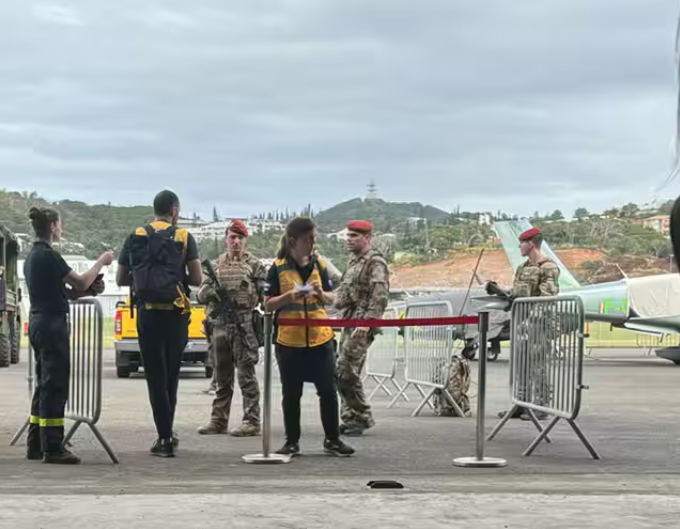


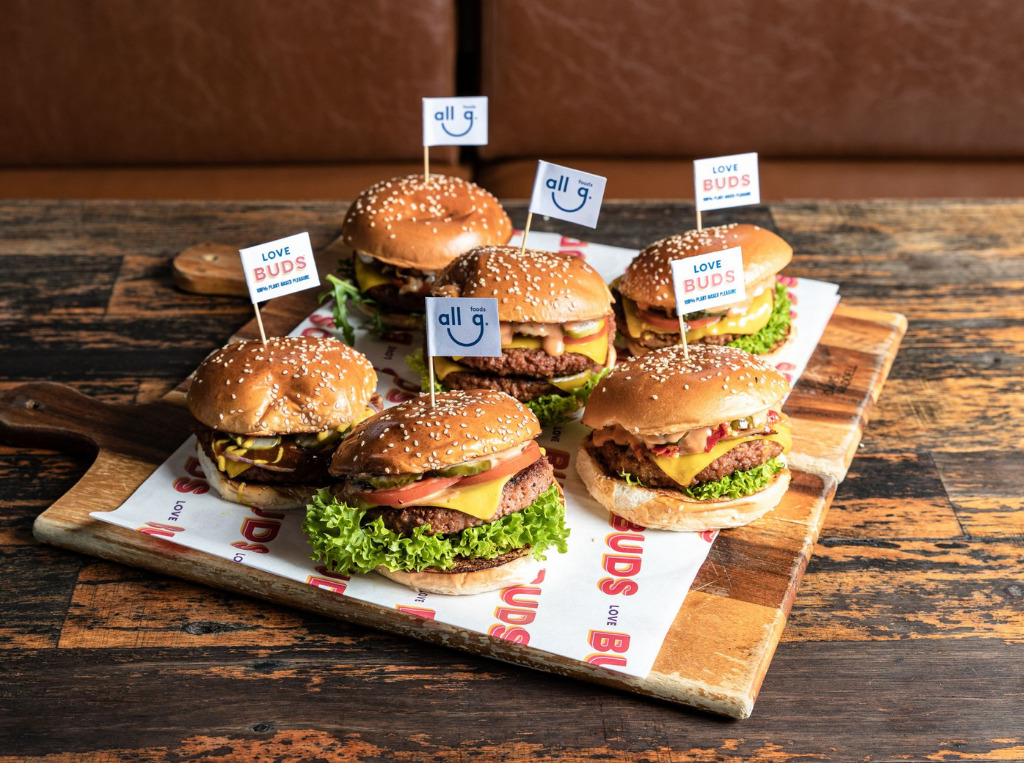
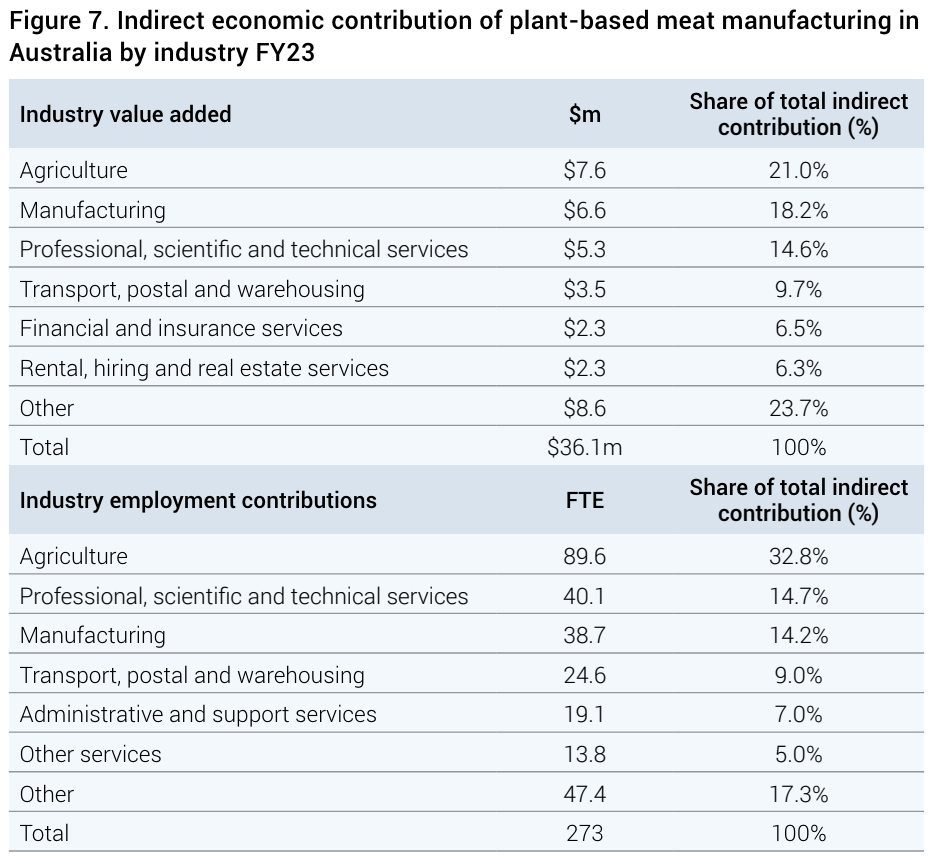
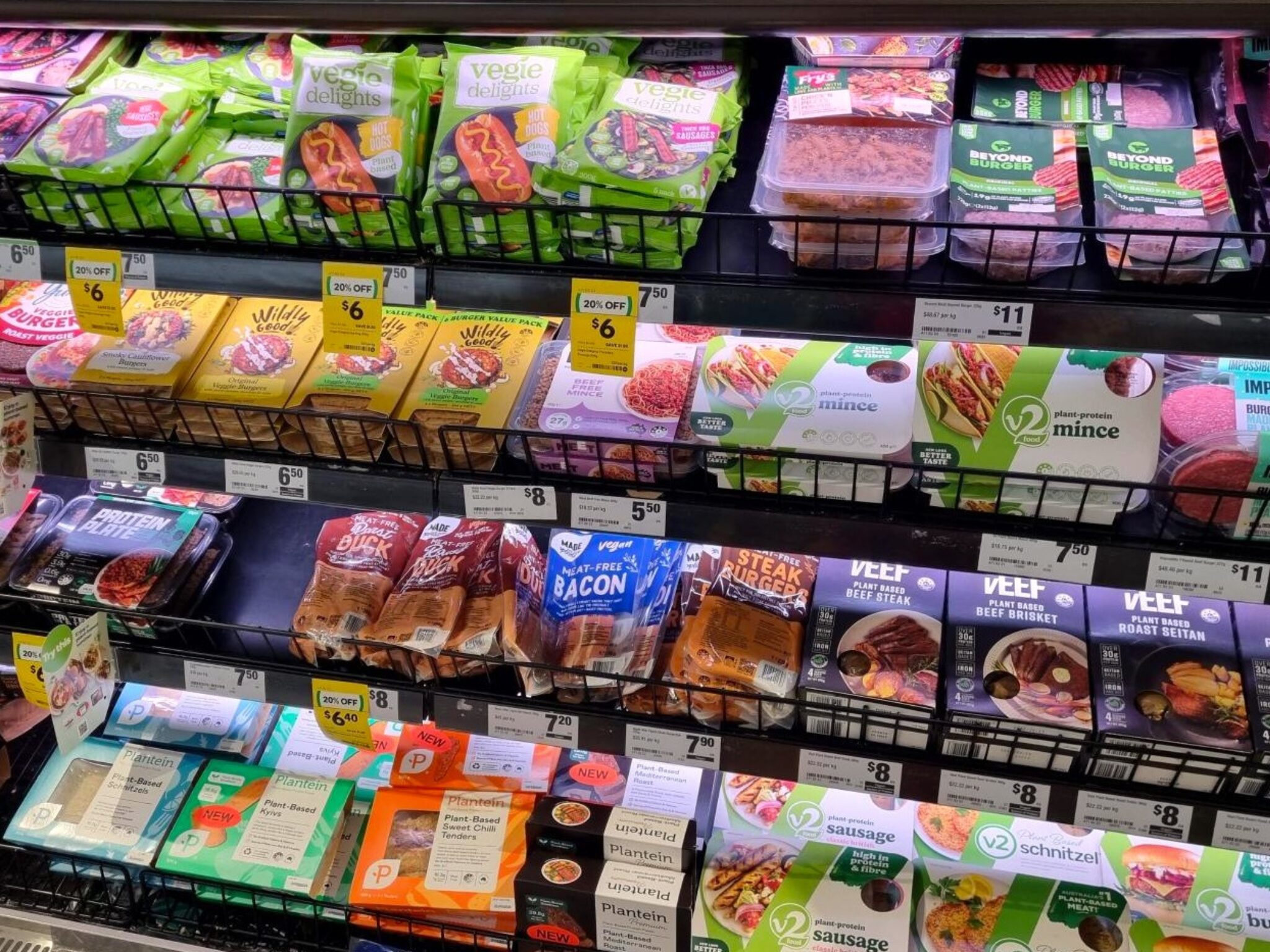
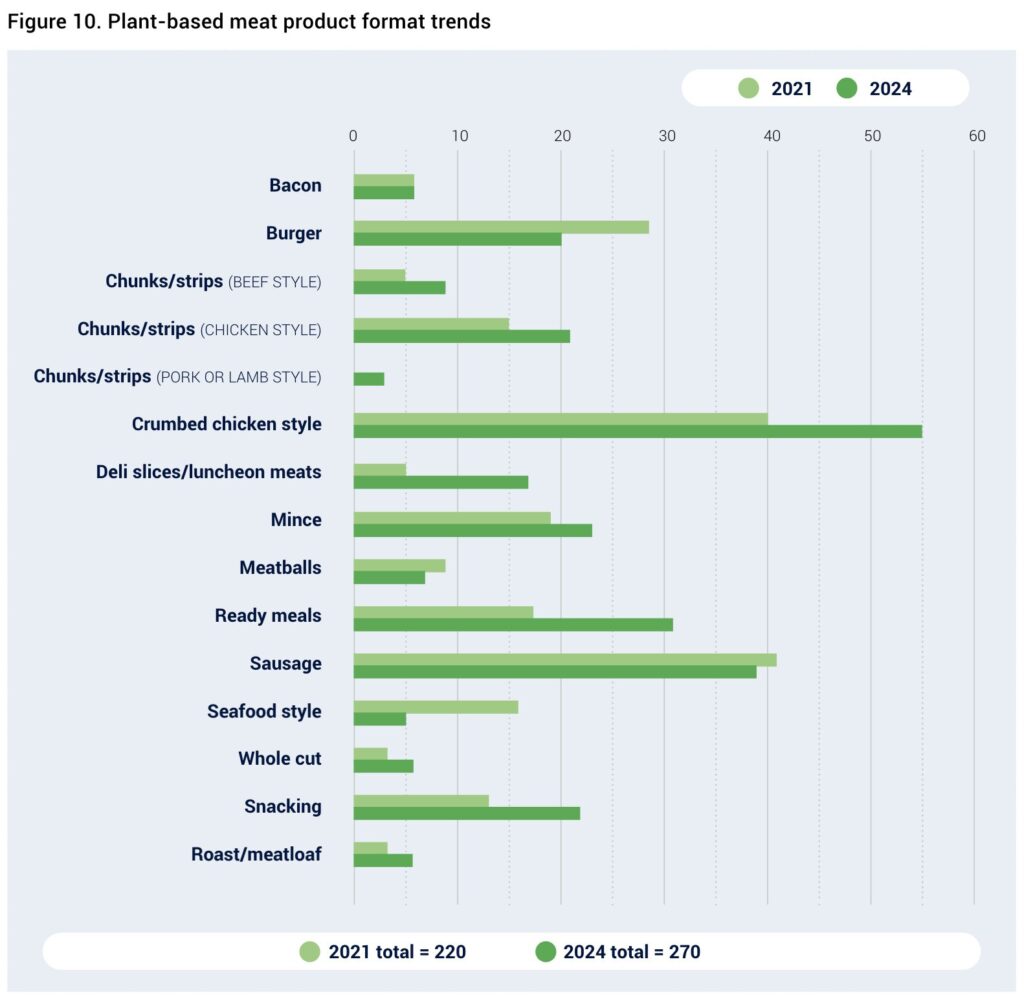
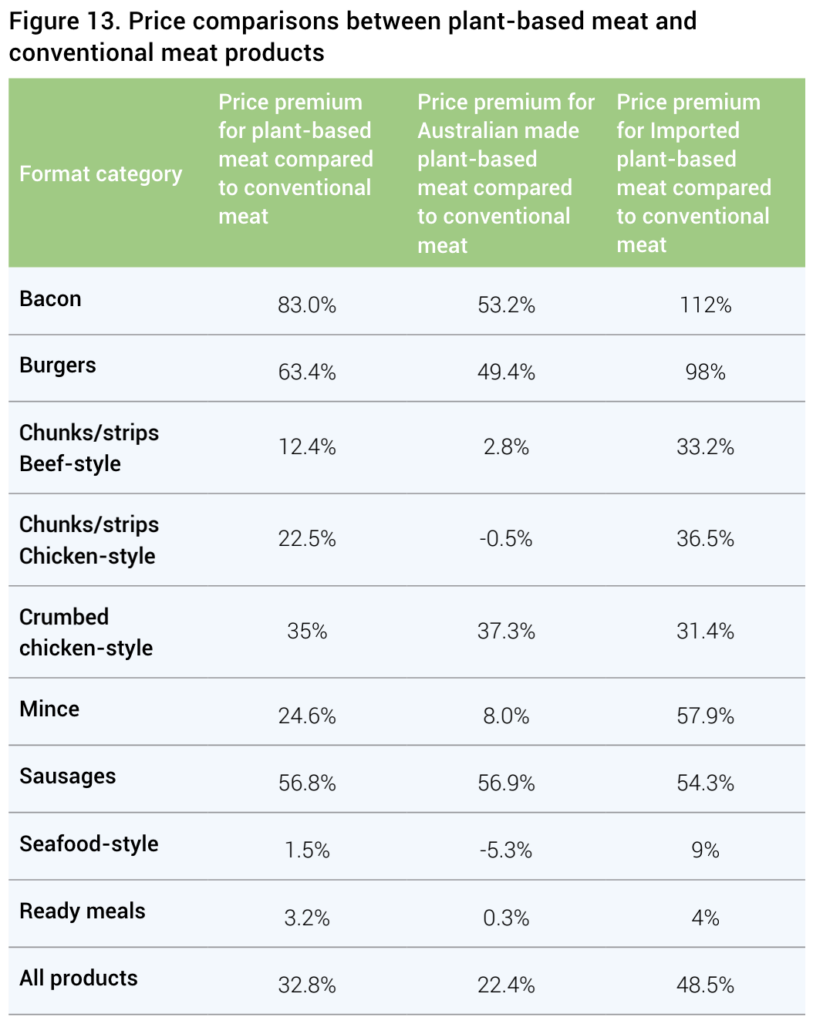
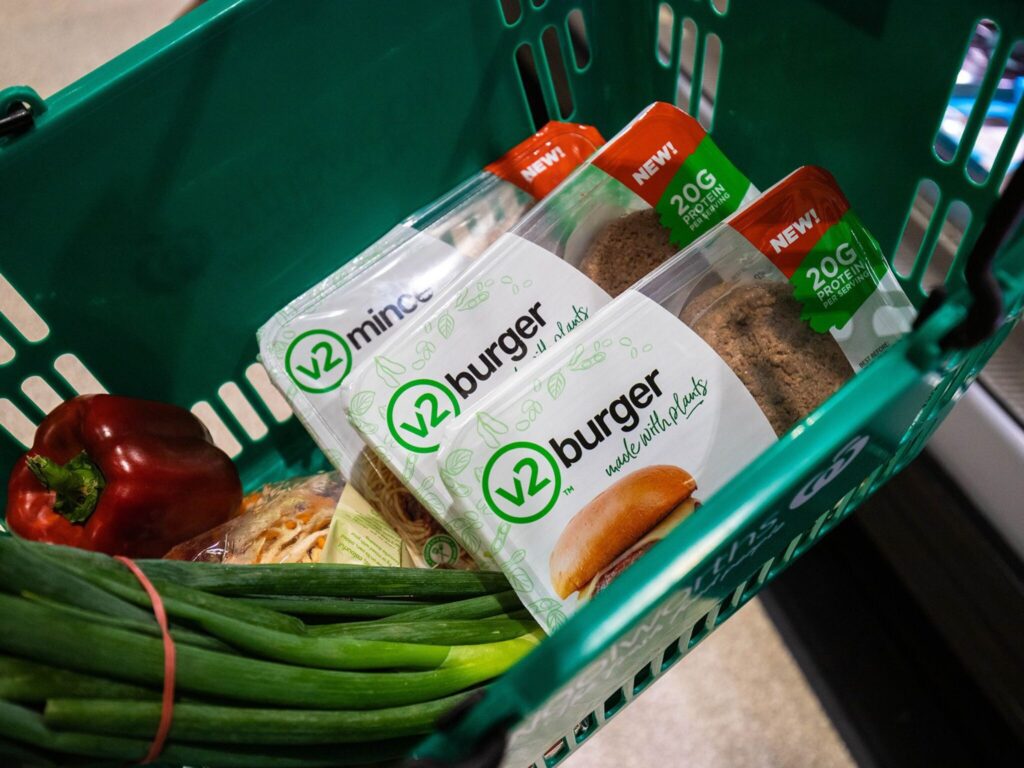
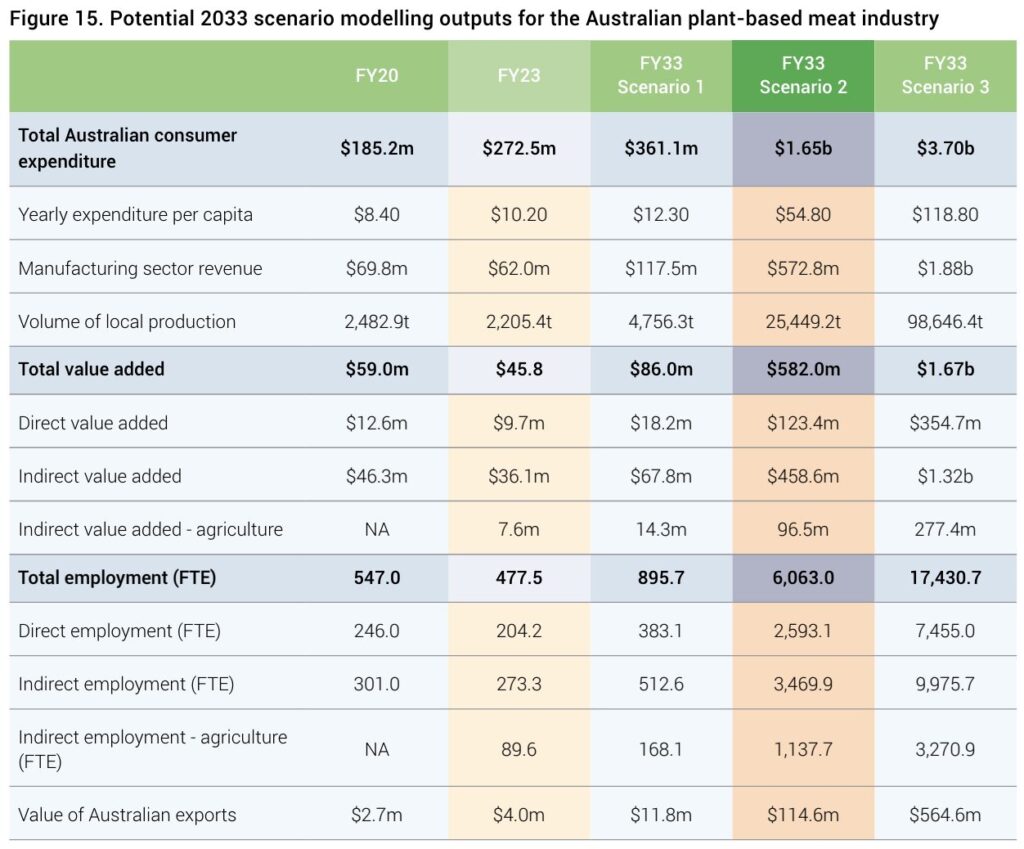
 ’s national security system, and bipartisanship in
’s national security system, and bipartisanship in 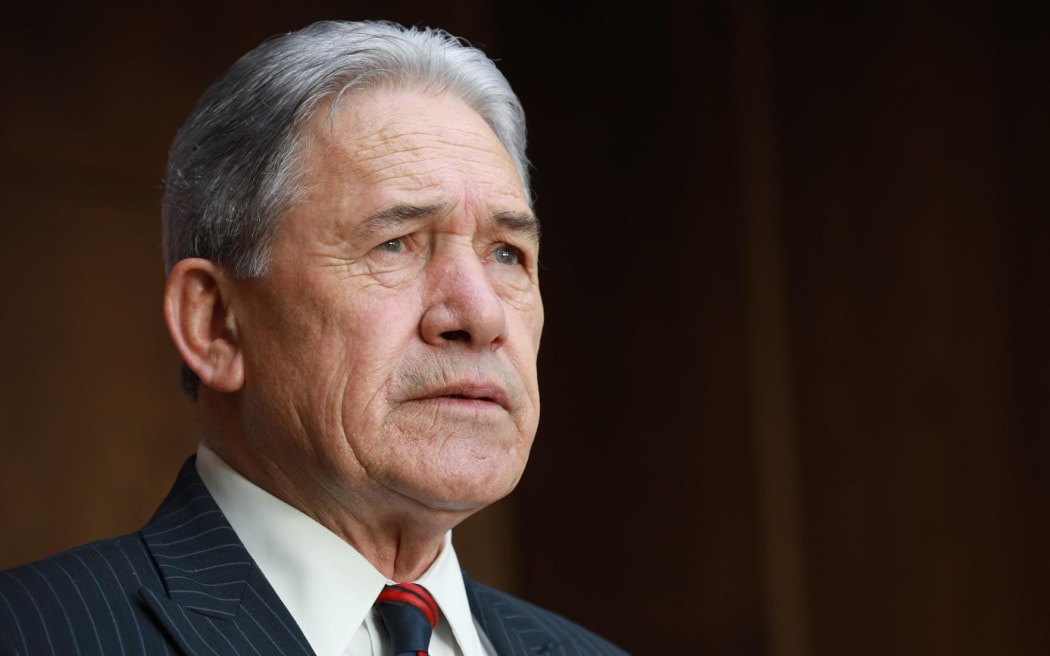

 #Education #Sciences #Culture
#Education #Sciences #Culture  (@UNESCO)
(@UNESCO) 